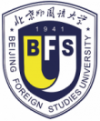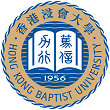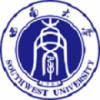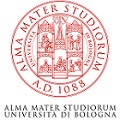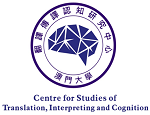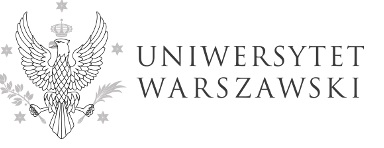Übersetzungsprozesses und der Übersetzungskompetenz geht es vor allem darum, neue Erkenntnisse über die involvierten psycholinguistischen Vorgänge zu gewinnen, die erzielten Kenntnisse in der Übersetzungsdidaktik umzusetzen und gleichzeitig die Komplexität und Besonderheit des Übersetzungsvorgangs deutlich zu machen, woraus sich die Notwendigkeit einer spezifischen Ausbildung für Übersetzer ergibt. Die ersten Forschungsprojekte in diesem Bereich fanden Anfang der 80er Jahre statt und erschlossen nicht nur einen neuen Forschungsbereich innerhalb der Übersetzungswissenschaft, sondern führten auch zur Übernahme sozialwissenschaftlicher Forschungsmethoden (die ihrerseits naturwissenschaftliche Forschungsparadigmen übernommen haben), vor allem im Bereich der Psychologie. In diesem Bereich lässt sich auch die experimentelle Forschung der PACTE-Gruppe über die Übersetzungskompetenz und den Erwerb dieser Kompetenz ansiedeln.
Im vorliegenden Beitrag werden zunächst die Schwerpunkte der Forschung im Bereich der Übersetzungskompetenz umrissen und anschließend die theoretischen Rahmenbedingungen der PACTE-Gruppe sowie einige für die Validierung des Ük-Modells relevante Aspekte des Forschungsprojekts PACTE vorgestellt.
In the translation process and translation competence analysis, we intend, above all, to collect information about the psycholinguistic processes involved, as well as to apply the results to the didactics of translation. Also, it should be noted, the complexity and specificity of the translation process, which leads to the need of a specific training for translators. The first research projects in this field had their beginnings in the 80s, and not only did they open a whole new line of research in translation, but also the adaptation of the research methods used by social sciences (which in turn are based in the research paradigms of natural sciences), especially psychology. PACTE’s experimental research in translation competence and its acquisition is part of this line of research. In this chapter, first of all, the most important concepts of PACTE’s research in translation competence are presented, to be followed by PACTE’s theoretical framework, as well as some of the most relevant features for the validation of the translation competence model of PACTE.




